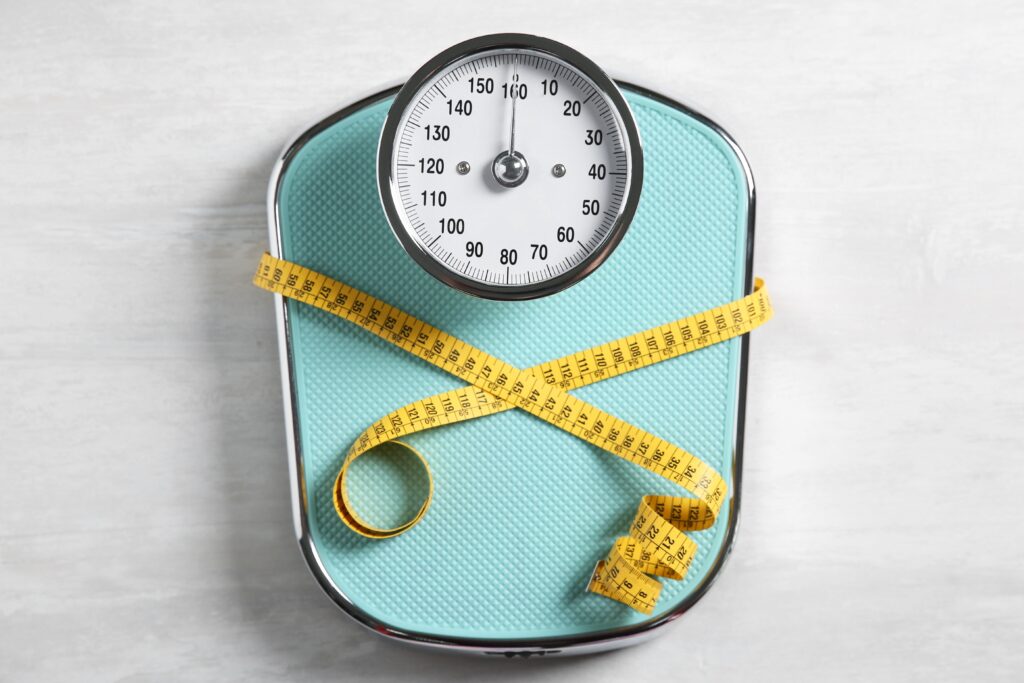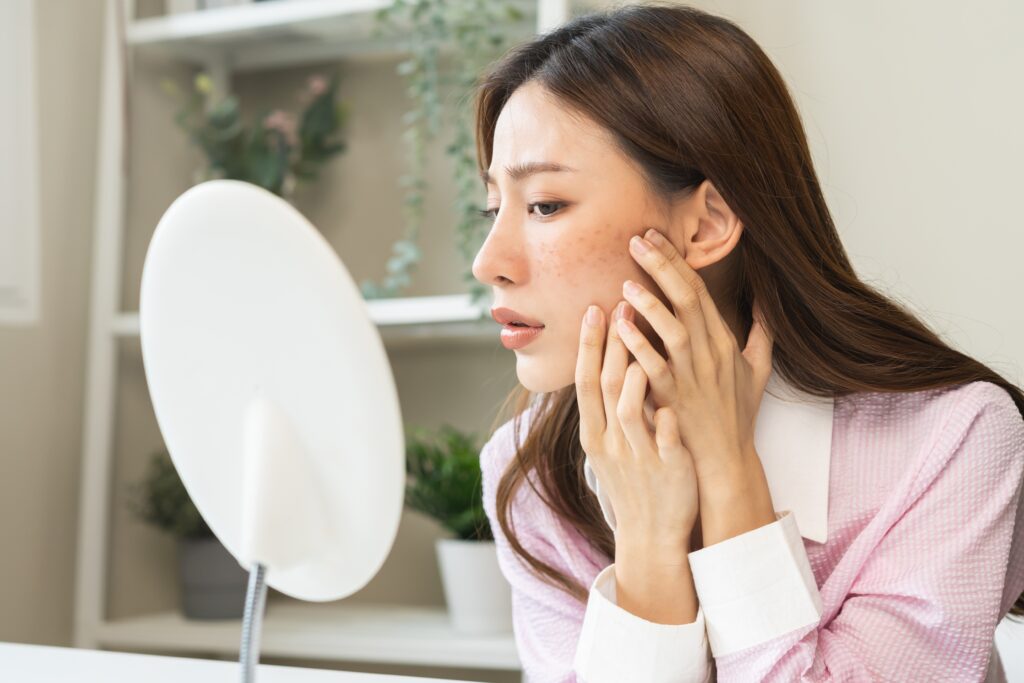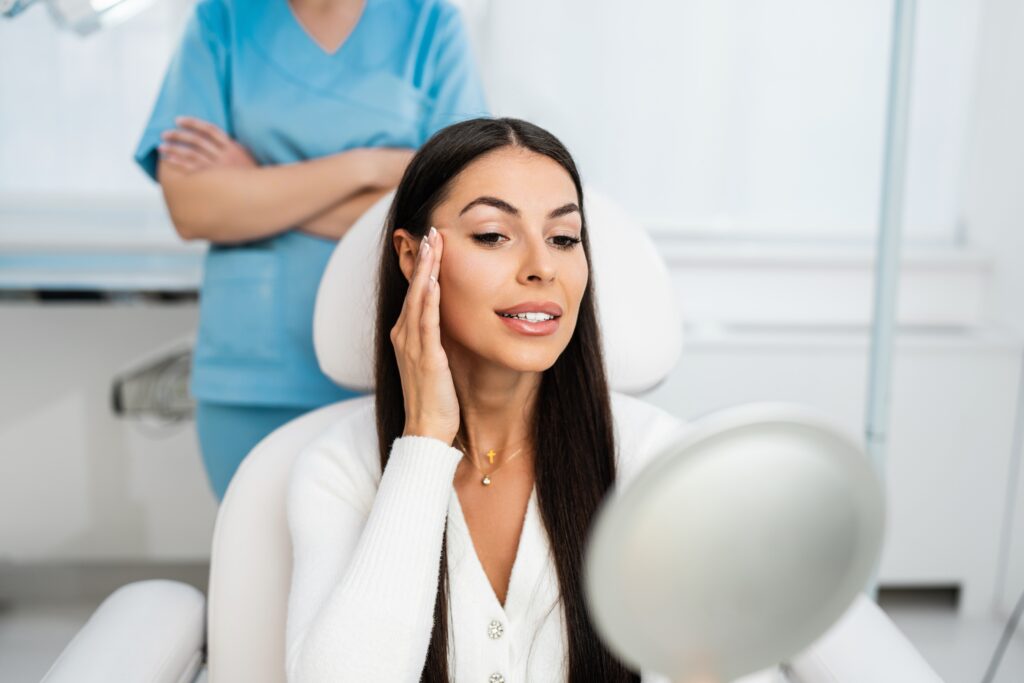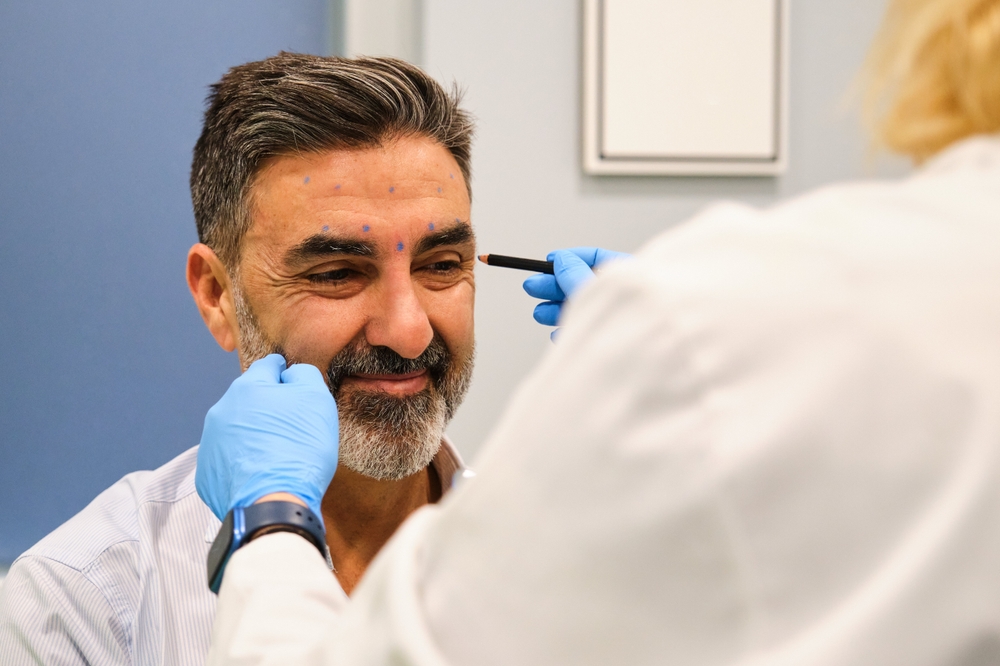“I just don’t feel like myself.” That’s one of the most common things we hear from men dealing with Low Testosterone and it’s usually said after months (or even years) of pushing through fatigue, irritability, low motivation, and weight gain that just won’t budge.
Here’s the truth: it’s not just aging. And it’s not in your head. It might be your hormones.
Low Testosterone affects millions of men, especially after age 35 and while it’s common, it’s not something you have to live with. Let’s break it down.
What Exactly Is Low Testosterone?
Testosterone is the primary male sex hormone, but it does a lot more than drive libido. It impacts everything from muscle mass and metabolism to mood, memory, and energy levels.
When testosterone levels drop below optimal, it can throw your entire system off balance even if your labs fall within the “normal” range.
So what counts as low?
It depends. That’s why at the Institute for Functional Health, we don’t just look at numbers we look at how you feel.
Common Symptoms of Low Testosterone
Low energy and decreased libido are the symptoms most people expect. But the full list might surprise you.
Symptoms of Low T Can Include:
- Fatigue (even after a full night’s sleep)
- Low motivation or drive
- Mood swings or irritability
- Brain fog or difficulty concentrating
- Decreased muscle mass
- Increased belly fat
- Poor recovery from workouts
- Low libido or sexual dysfunction
- Trouble sleeping
- Feeling emotionally flat or disconnected
If that list feels familiar, it’s worth getting checked even if you’ve been told your testosterone is “within range.”
What Causes Low Testosterone?
Several factors can contribute, and often, it’s more than one. That’s why a root-cause approach is key.
Common Causes Include:
- Age – Testosterone naturally declines about 1% per year after age 30
- Chronic stress – High cortisol can suppress testosterone production
- Poor sleep – Especially untreated sleep apnea
- Obesity or insulin resistance – Excess fat can convert testosterone into estrogen
- Nutrient deficiencies – Like zinc, vitamin D, or magnesium
- Medications – Including statins, antidepressants, and opioids
- Environmental toxins – Like BPA and phthalates, which can disrupt hormone function
Your lifestyle matters. But so does your biochemistry and that’s where personalized care makes all the difference.
What to Do If You Suspect Low Testosterone
Here’s the good news: Low T is treatable. But not with a one-size-fits-all solution.
At IFFH, we take a functional approach to hormone health. That means we test thoroughly, listen closely, and treat the whole person, not just the hormone.
Our Process Includes:
- Comprehensive lab testing (not just total testosterone)
- Review of symptoms, health history, and lifestyle factors
- Nutritional and fitness support
- Hormone replacement therapy (when appropriate), guided by optimal not just “normal” ranges
- Ongoing follow-up to make sure your plan is working
You don’t have to settle for feeling “off.” Not when there are real, effective ways to support your hormones and your life.
Feel Better, Live Fully
Low Testosterone isn’t about vanity. It’s about vitality.
If you’re constantly tired, losing motivation, or just feeling unlike yourself, it’s time to stop guessing and start getting real answers. With the right support, you can feel stronger, clearer, and more like you again.Let’s check your levels and build a plan that works.












